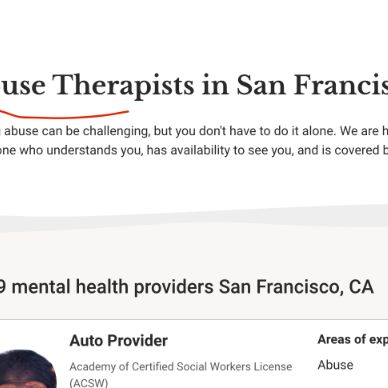Treating social anxiety isn’t just about reducing nervousness—it’s about reclaiming your life. Left unaddressed, social anxiety can quietly restrict your personal, academic, and professional growth. What starts as a fear of speaking up or being judged can spiral into missed opportunities, loneliness, and declining mental health.
Social Anxiety Can Limit Your Life
Many people with social anxiety:
- Turn down job interviews or promotions because they fear public speaking or social interaction
- Avoid dating or building close friendships due to fear of embarrassment or rejection
- Struggle to participate in school, networking, or social gatherings
- Overthink every social interaction, leading to exhaustion and self-criticism
- Experience co-occurring depression, low self-esteem, or substance use as coping mechanisms
These limitations can slowly lead to isolation, even if you crave connection. You might begin to shrink your world to avoid discomfort—until even small tasks like making a phone call or ordering food feel overwhelming.
Treatment Helps You Build a Bigger Life
Working with a therapist for social anxiety can help you:
- Understand the root of your fear and how your brain is trying to protect you
- Learn strategies to quiet your inner critic and build self-compassion
- Gradually face feared situations through structured support and exposure therapy for social anxiety
- Strengthen your communication and assertiveness skills
- Rebuild confidence and self-worth
With consistent support and tools like cognitive behavioral therapy for social anxiety, most people see significant improvements. You may not become a social butterfly overnight—but you will start feeling freer, more confident, and more in control of your life.
You Deserve to Feel Comfortable Being Yourself
Social anxiety can make you feel like you’re broken or flawed—but you’re not. Your fear is real, and it's valid. But it doesn’t have to define you.
Whether you want to make friends, speak up at work, or simply feel less anxious around others, treatment can help you get there. Investing in your mental health today means building a life that feels safer, more open, and more connected tomorrow.












